It is estimated that 50-60 million tons of electronic waste are produced each year, while many devices are completely repairable and reusable. In recent years, many people in Amsterdam, the Netherlands have turned to “repair cafes” to fix broken devices instead of throwing them away.
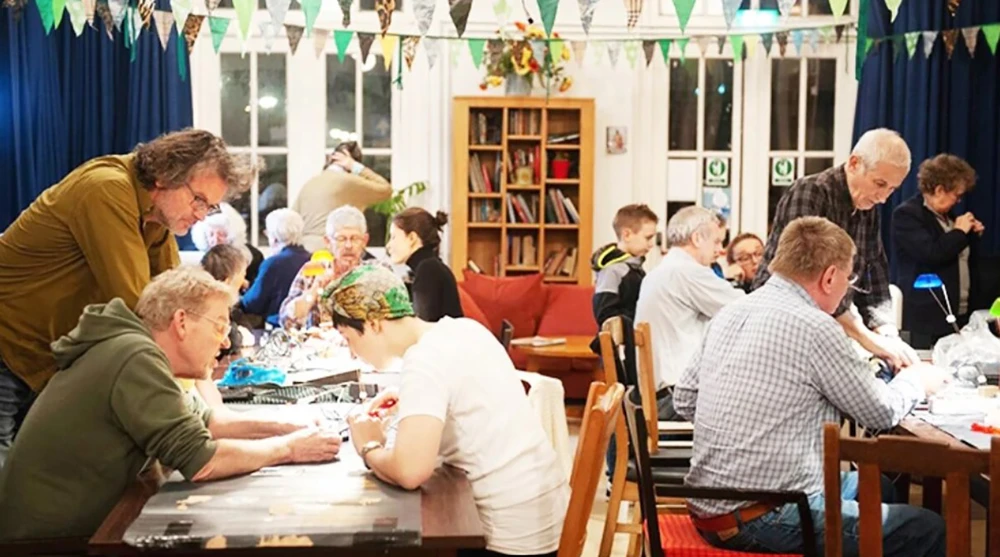
Every Wednesday afternoon, a group of volunteers, mechanical engineering students, technicians or people with experience in electronics, come to De Meervaart Cafe in Amsterdam to repair devices. “Many people living in this area on a tight budget bring all kinds of broken machines here to be repaired. They only need to put back about 1 EUR into our donation fund instead of having to pay hundreds of EUR to buy a new device,” said Kim Zuiver, the cafe’s manager. As a result, the cafe has become a familiar destination for both volunteers and customers, because they can sip a cup of coffee while waiting for their devices to be fixed, while also reducing costs for their families. “Usually, we can repair about 80% of the broken objects or devices that people bring in,” said Edward Tonino, one of the repairmen here.
De Meervaart Cafe is one of dozens of cafes across Amsterdam where volunteers repair old, broken items so they can be reused and their life cycle extended. At the same time, many tourists and interested people visit the cafe to learn new skills, helping them know how to repair some simple household items. Before coming, customers can contact the cafe in advance to see if their equipment can be repaired, which is also a way for the cafe management to arrange to avoid having to wait when there are too many people. There is a long list of microwaves, kettles, vacuum cleaners, phones, computers... all of which are necessary devices to provide food, drinks, hygiene, communication or entertainment. The use of electronic devices today has become an essential, indispensable need, but even a malfunctioning part can be very costly. As the cost of living rises, more and more people are looking to save money and cut back on spending, so repair cafes like De Meervaart are becoming more popular.
The initiative has spread to other European countries such as France, Germany, Belgium and has taken off in the UK with the Tunbridge Wells Repair Cafe run by Chris Murphy. Tunbridge Wells has repair stations covering electronics, mechanics, garden tools, technology, jewellery, clothing and textiles as well as miscellaneous items such as broken ceramics, stuffed animals, chairs, suitcases and even umbrellas. “We have an 80% success rate in repairing things, which brings joy to many people,” Chris revealed. To date, the cafe has raised thousands of pounds for charity.
According to the Electronic Equipment and Waste Forum, the amount of electronic waste discarded in 2019 alone was worth more than 57 billion USD. Therefore, in the context of the global movement towards a green lifestyle with the goal of sustainable development, models of recycling and reusing electronic equipment are receiving more support and attention from the community.
LAM DIEN
Source


![[Photo] Comrade Khamtay Siphandone - a leader who contributed to fostering Vietnam-Laos relations](https://vstatic.vietnam.vn/vietnam/resource/IMAGE/2025/4/3/3d83ed2d26e2426fabd41862661dfff2)

![[Photo] Prime Minister Pham Minh Chinh receives CEO of Standard Chartered Group](https://vstatic.vietnam.vn/vietnam/resource/IMAGE/2025/4/2/125507ba412d4ebfb091fa7ddb936b3b)
![[Photo] Prime Minister Pham Minh Chinh receives Deputy Prime Minister of the Republic of Belarus Anatoly Sivak](https://vstatic.vietnam.vn/vietnam/resource/IMAGE/2025/4/2/79cdb685820a45868602e2fa576977a0)

![[Photo] General Secretary To Lam receives Russian Ambassador to Vietnam](https://vstatic.vietnam.vn/vietnam/resource/IMAGE/2025/4/2/b486192404d54058b15165174ea36c4e)




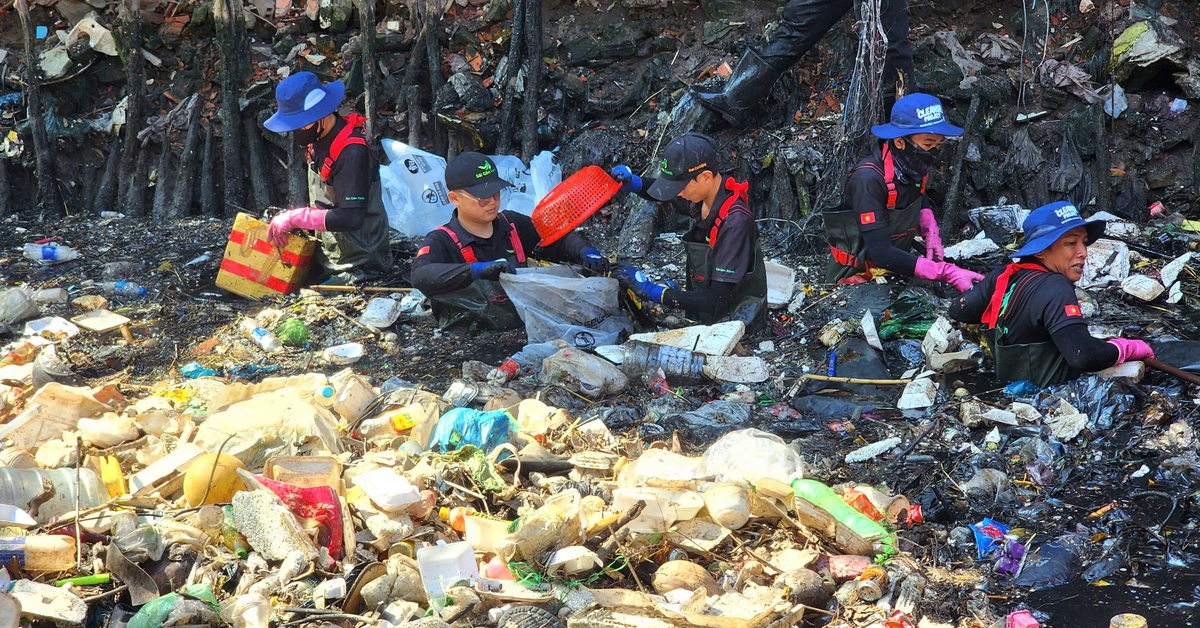

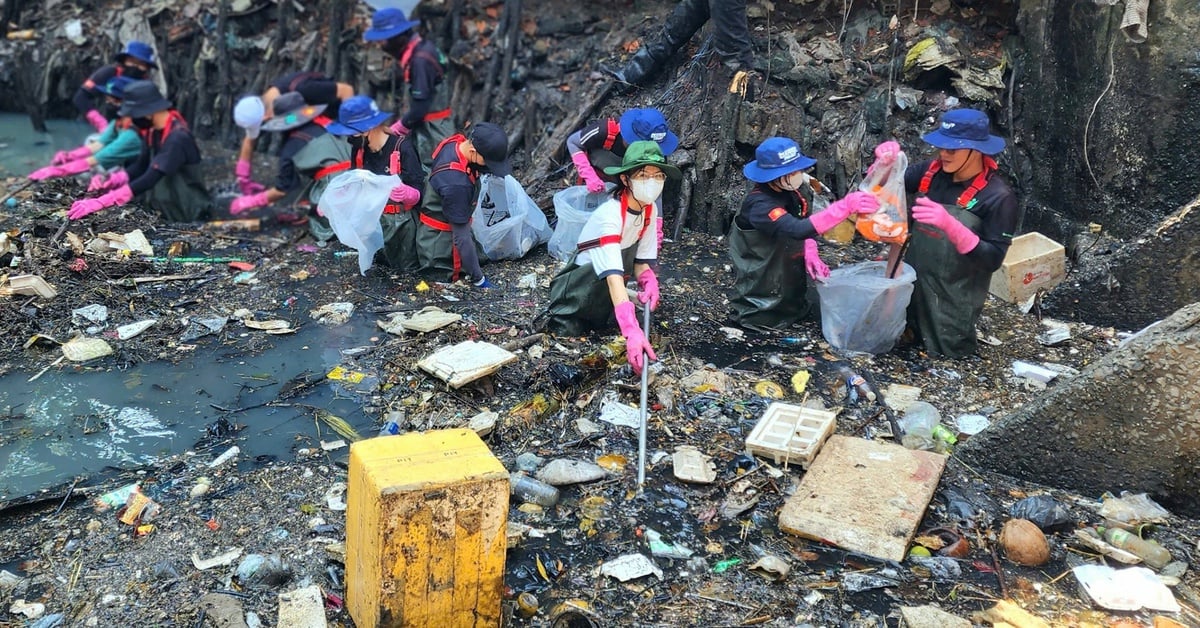








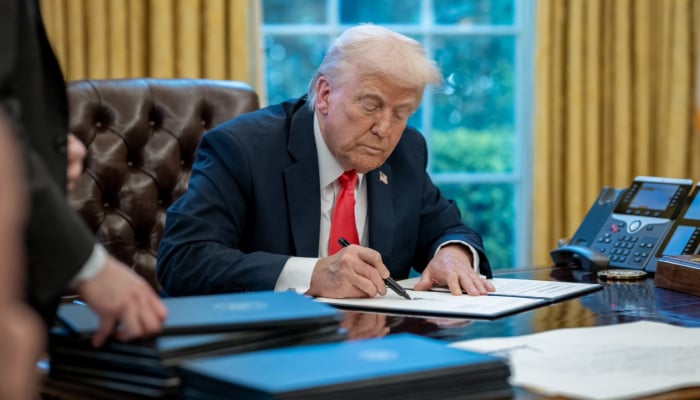








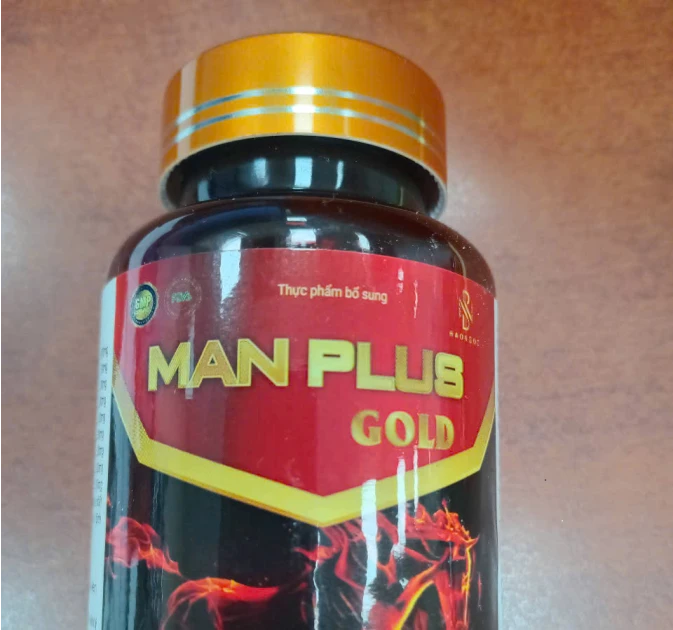
















































![[Podcast] News on March 26, 2025](https://vstatic.vietnam.vn/vietnam/resource/IMAGE/2025/4/3/c3d9c3c48b624fd9af79c13ff9e5c97a)

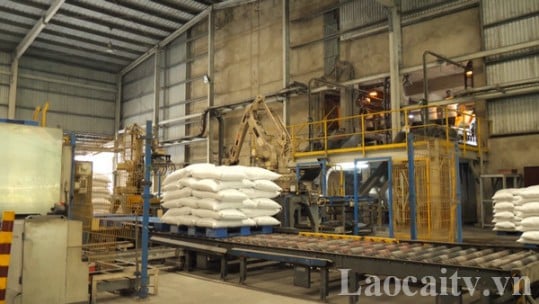

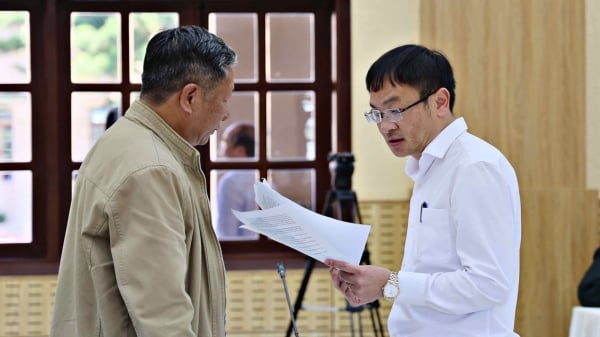














Comment (0)